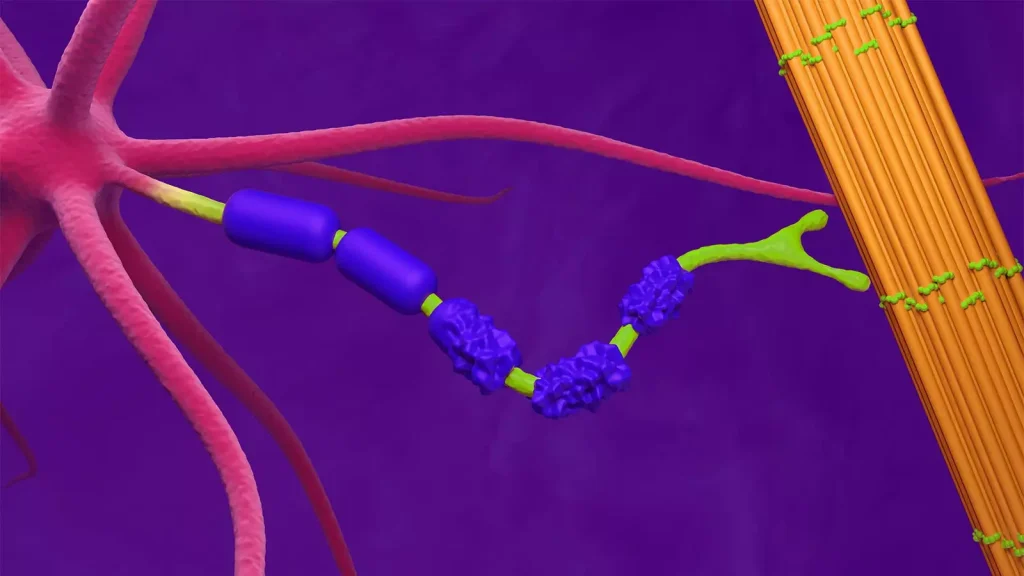The journey of motherhood is filled with joy and challenges, particularly for mothers managing multiple sclerosis (MS). Recent research indicates that these mothers face a heightened risk of mental health issues during the peripartum period, which includes pregnancy and the first year postpartum. A significant study from Dalhousie University analyzed health data from nearly 900,000 mothers, revealing that 42% of mothers with MS experienced mental illness during pregnancy, escalating to 50.3% in the first postpartum year. Rates of incident mental illness, primarily depression and anxiety, were notably high at 8.4% before birth and 14.2% after.

Mothers with MS exhibited higher rates of peripartum depression, anxiety, and psychosis compared to those with other chronic conditions. Untreated mental illness can adversely affect children, leading to behavioral issues, developmental delays, and reduced breastfeeding duration, which impacts nutritional support.
The emotional challenges for mothers with mental illness are complex, with risks of substance abuse and suicidal thoughts. Research highlights a critical gap in recognizing and treating mental health disorders in pregnant women with MS. Additionally, a French study found that only 42% of pregnant women with MS received adequate perinatal care, emphasizing the need for healthcare providers to address the specific needs of these mothers.
To combat these issues, healthcare providers should utilize validated screening tools, such as the Edinburgh Postnatal Depression Scale, to identify mental health challenges early. Regular discussions about mental health and substance use during prenatal and postnatal visits are essential. Connecting mothers with mental health resources and ensuring integrated care among specialists can improve outcomes for both mothers and children.
Further research is needed to explore the impact of MS severity on mental health during the peripartum period. By implementing comprehensive screening measures and fostering collaborative care, we can better support mothers with MS and enhance maternal mental health outcomes during this critical time.




